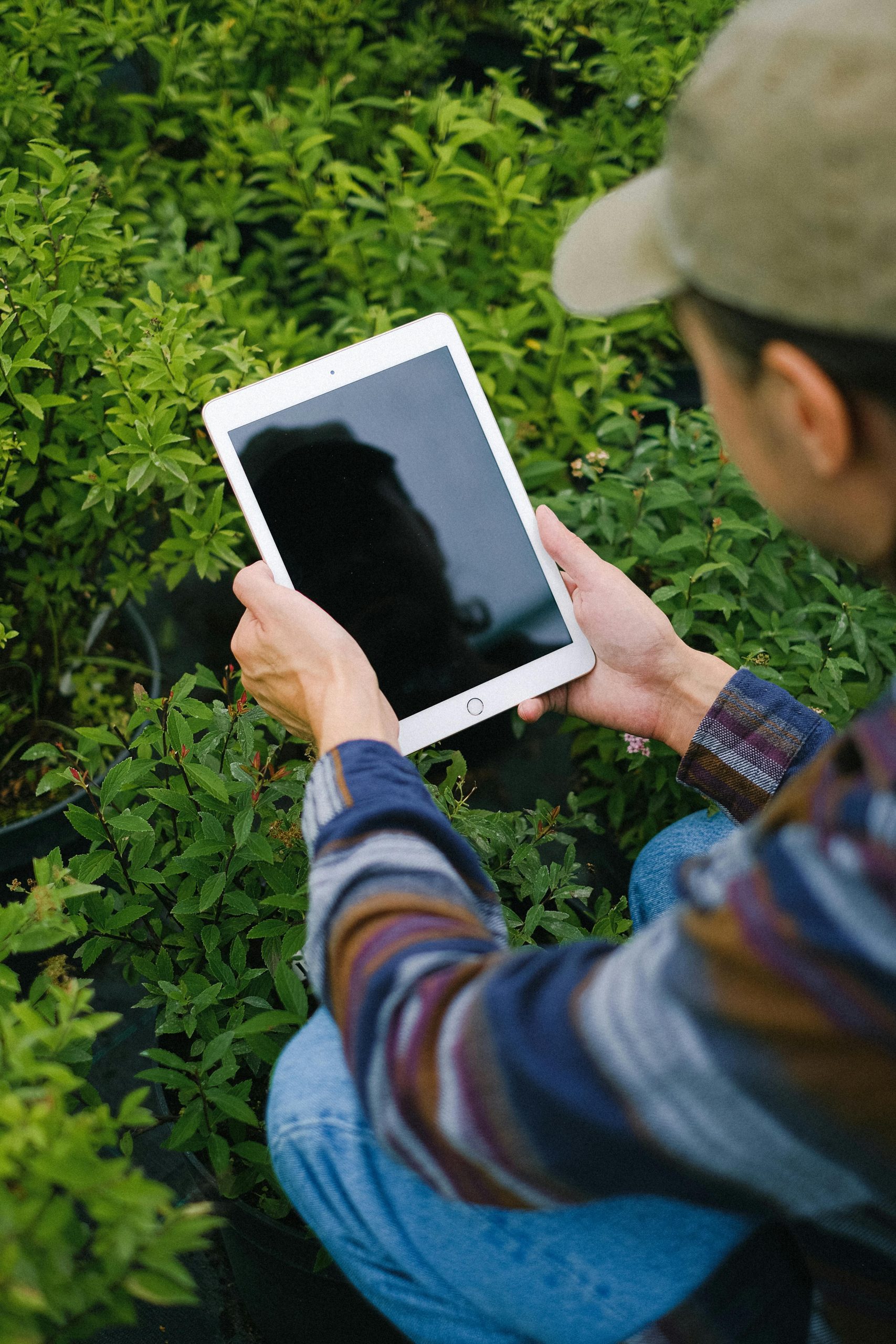Benefits of Capia Pepper

Capia pepper, a variety of sweet red pepper, is not only delicious but also packed with health benefits. One of the most notable advantages of consuming Capia pepper is its high “vitamin C” content, which is essential for boosting the immune system and promoting healthy skin. In fact, Capia pepper contains more vitamin C than an orange, making it a great addition to your diet for supporting overall health. Additionally, Capia pepper is rich in “vitamin A,” which is vital for maintaining good vision and a healthy immune system.
Capia pepper also contains “antioxidants” such as “beta-carotene” and “lycopene,” which help protect the body from free radicals and reduce the risk of chronic diseases like heart disease and cancer. These antioxidants also contribute to healthy skin and may help slow down the aging process. Moreover, Capia pepper has anti-inflammatory properties, which can help reduce inflammation in the body, benefiting those with conditions like arthritis.
Capia Pepper Recipe
Capia pepper is incredibly versatile in the kitchen and can be used in a variety of dishes. One simple and tasty recipe to try is “Roasted Capia Peppers.” To prepare this dish, start by preheating your oven to 400°F (200°C). Wash the Capia peppers and place them on a baking sheet. Roast the peppers in the oven for about 20-25 minutes, turning them occasionally, until the skin is blistered and charred. Once roasted, remove the peppers from the oven and place them in a bowl, covering it with plastic wrap. This will help loosen the skins, making them easier to peel. After about 10 minutes, peel the skins off the peppers, remove the seeds, and slice them into strips. These roasted Capia peppers can be used in salads, sandwiches, or as a flavorful side dish. You can also drizzle them with “olive oil,” “garlic,” and “herbs” for an extra burst of flavor.
How to Store Capia Pepper?
Proper storage is key to keeping Capia peppers fresh and flavorful. After purchasing or harvesting, Capia peppers should be stored in the “refrigerator” to extend their shelf life. Place them in the crisper drawer, where the cooler temperature and humidity will help maintain their texture and taste. Capia peppers can last up to a week when stored this way. If you need to store them for a longer period, consider freezing the peppers. To freeze Capia peppers, wash and dry them thoroughly, then slice or dice them as desired. Place the pepper pieces on a baking sheet in a single layer and freeze for about an hour. Once frozen, transfer them to an airtight container or a resealable plastic bag. Frozen Capia peppers can be stored for up to six months and are great for use in cooked dishes like stews, soups, and casseroles.
Capia Pepper Calories
Capia pepper is a low-calorie vegetable, making it a great choice for those looking to maintain a healthy diet. A medium-sized Capia pepper contains approximately “30-35 calories,” making it an excellent option for adding flavor and nutrition to your meals without significantly increasing your calorie intake. Despite being low in calories, Capia pepper is packed with essential vitamins, minerals, and dietary fiber. Its high water content also helps keep you hydrated and full, making it a satisfying addition to salads, stir-fries, and other dishes. Whether you enjoy it raw, roasted, or cooked, Capia pepper is a delicious and nutritious way to enhance your meals.
Growing Capia Pepper
Growing Capia pepper at home can be a rewarding experience, especially if you enjoy gardening. Capia pepper plants thrive in warm, sunny conditions and require well-drained soil. To get started, sow Capia pepper seeds indoors about 8-10 weeks before the last expected frost in your area. Once the seedlings have grown and the outdoor temperatures are consistently warm, transplant them into your garden or containers. Ensure the plants receive plenty of sunlight, as this is crucial for producing healthy, vibrant peppers. Water the plants regularly, keeping the soil consistently moist but not waterlogged. As the plants grow, you may need to provide support with stakes or cages to help them bear the weight of the peppers. With proper care, you can expect to harvest your Capia peppers in about 70-90 days, enjoying fresh, homegrown peppers throughout the growing season.






